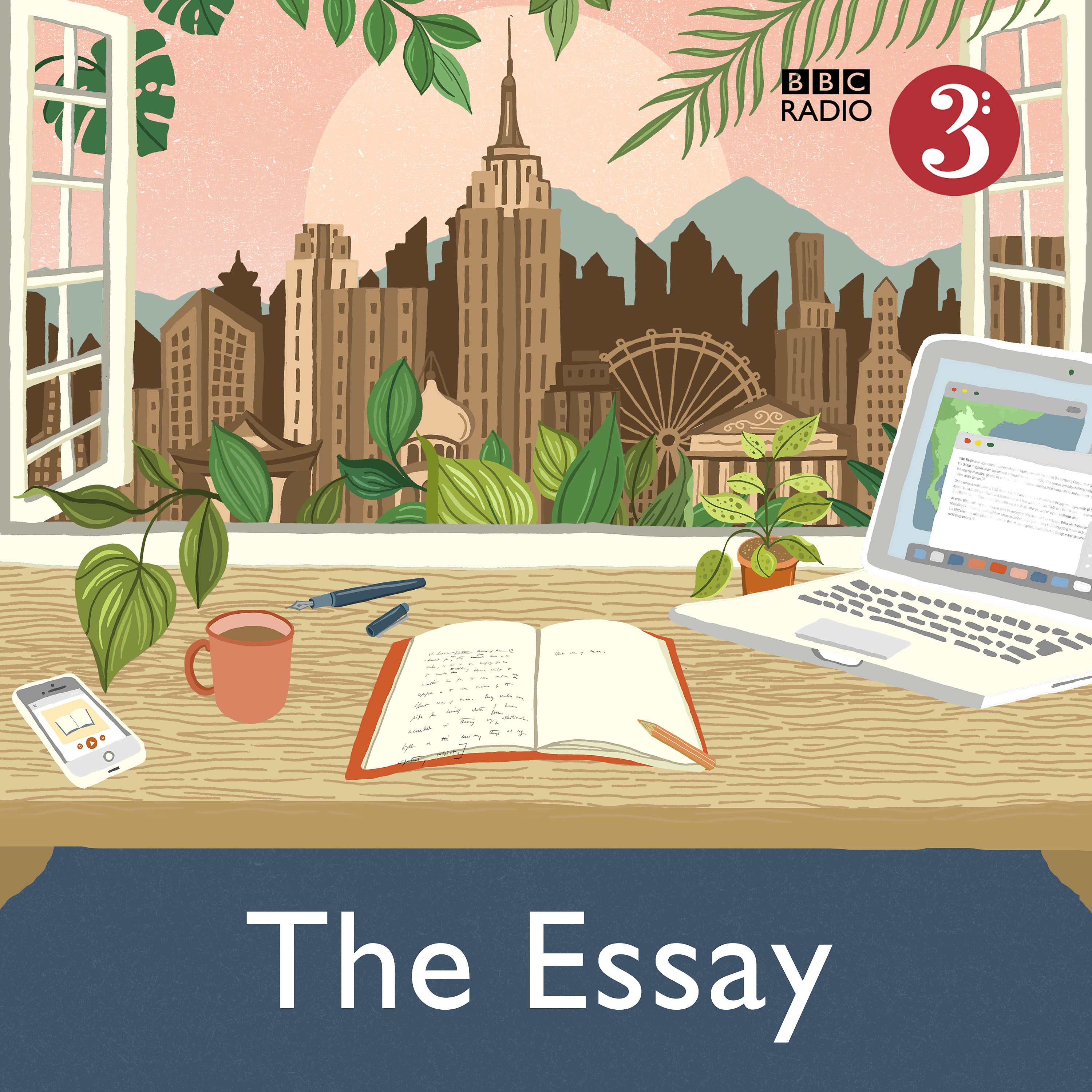- Culture
- SEE MORE
- classical
- general
- talk
- News
- Family
- Bürgerfunk
- pop
- Islam
- soul
- jazz
- Comedy
- humor
- wissenschaft
- opera
- baroque
- gesellschaft
- theater
- Local
- alternative
- electro
- rock
- rap
- lifestyle
- Music
- como
- RNE
- ballads
- greek
- Buddhism
- deportes
- christian
- Technology
- piano
- djs
- Dance
- dutch
- flamenco
- social
- hope
- christian rock
- academia
- afrique
- Business
- musique
- ελληνική-μουσική
- religion
- World radio
- Zarzuela
- travel
- World
- NFL
- media
- Art
- public
- Sports
- Gospel
- st.
- baptist
- Leisure
- Kids & Family
- musical
- club
- Health & Fitness
- True Crime
- Fiction
- children
- Society & Culture
- TV & Film
- gold
- kunst
- música
- gay
- Natural
- a
- francais
- bach
- economics
- kultur
- evangelical
- tech
- Opinion
- Government
- gaming
- College
- technik
- History
- Jesus
- Health
- movies
- radio
- services
- Church
- podcast
- Education
- international
- Transportation
- Other
- kids
- podcasts
- philadelphia
- Noticias
- love
- sport
- Salud
- film
- and
- 4chan
- Disco
- Stories
- fashion
- Arts
- interviews
- hardstyle
- entertainment
- humour
- medieval
- literature
- alma
- Cultura
- video
- TV
- Science
- en
More Human than Human - Ken Hollings

Los Angeles, November 2019. Blade Runner's future is now ours. Ridley Scott's 1982 classic future film of replicants escaping to a retro-fitted Earth and meeting their end at the hands of the washed out, titular Blade Runner, Harrison Ford as Rick Deckard, is adapted from Philip K Dick's equally classic 1968 novel Do Androids Dream of Electric Sheep. Both film and book are meditations on what it is to be human but we have been looking through the eyes of the film ever since it plunged us into its acid-rain, neon-coated, west-coast nightmare of flaming night skies, commercial ziggurats, flying cars and fake animals. Now its future is our present. We live in a world of mass species die off, environmental crisis, rapidly developing A.I., all powerful corporations and extreme divides between rich and poor. Film and book have bled into our culture in many different ways and in this series of the Essay, we mark the year of Blade Runner, in the month of Blade Runner. The writer Ken Hollings takes the Voight Kampff test as he examines the ethical barriers between us and the machine. "According to both the novel and its film adaptation, androids are committing a crime simply by not being human. And in the world of 2019, Blade Runner reveals, the punishment is enforced ‘retirement’ – or legal execution. This is the extent to which humanity holds itself responsible for its creations." Producer: Mark Burman